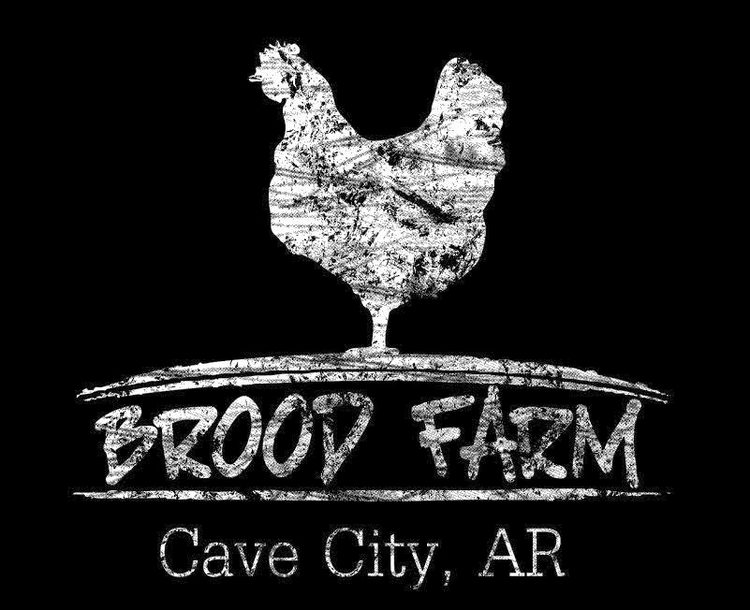Saturday, Molly came home to live with us. She is a 7-month-old Great Pyrenees pup. Isn't she adorable?
Now, I know what some of you are thinking-- yes, we've had our troubles with dogs in the past. But, there are a few reasons I think that Molly will work out for us (excuse me a moment while I go find some wood to knock on).
1. Molly is a Livestock Guardian Dog (or an LGD). Often, livestock guardians are confused with, say, the Border Collie, which is actually a herding dog. Some guardians will herd, but their primary job is to protect the herd or flock. Prior to coming to our home, Molly was living with the chickens and chicken wagon as well as a flock of sheep. Here, we plan for her to serve primarily as guardian of our goat herd.
2. She lives with the herd. Her dog pen is set up within the goat field. Until she and the goats are comfortable with each other, she stays in her pen unless we are with her in the field. Once the goats are more accustomed to her, we will open her pen and rig it in such a way that she has access to it for her food and time away from the goats, but the goats can't get in to her personal space. She will mostly run with the herd. For now, though, our skiddish goats are unsure about the new addition. (Check out the video for evidence.) I guess these things just take time.
3. She rarely ever barks. The barking in the video is a neighbor dog. In fact, in her time here, I've only heard her bark once, and that was upon first sight of Milkshake, the backyard cat. This is important because her bark is reserved to alarm us to potential predatory threats. If she's barking, there's something we need to see about. Also a plus: her bark is low and gravelly and so not-at-all grating, like the high-pitched yips of some dogs.
4. She's very well behaved for a puppy and has been trained to kennel, to come, and not to jump up on people. While decent on a leash, she could still use a little training. She's excellent with the kids and has learned very quickly what people and animals are hers. She has the personality of a Lab when she's around us but quickly goes on alert when she sees or hears something foreign.
5. She's cute. I mean, let's be honest, that counts for something. On the downside, that big, fluffy, soft coat will require some maintenance, especially once we move her over to the farm where she'll pick things up in it more often.
She loves the farm. I haven't tried letting her off her leash over there yet, though.
One of the things we try to do with her a lot right now is walk the perimeter of the area she's to protect. This allows her to become familiar with her territory. Eventually, she should learn to take this walk on her own throughout the day. When she's resting, she tries to position herself so that she can see or hear danger should it approach. In the case of an intruder, attack is her last resort. She will first try to position herself between the intruder and the herd. If the intruder persists, she will begin to bark and charge. Since her primary job is herd protection, she is more prone to stay with the herd once the attacker has left than to chase it down for a kill.
We haven't had any major problems with intruders in the goat field, but I think we'll be very happy we have Molly to protect the herd once we move over to the farm. :)
What do you think? Have you ever seen a Livestock Guardian Dog in action?





